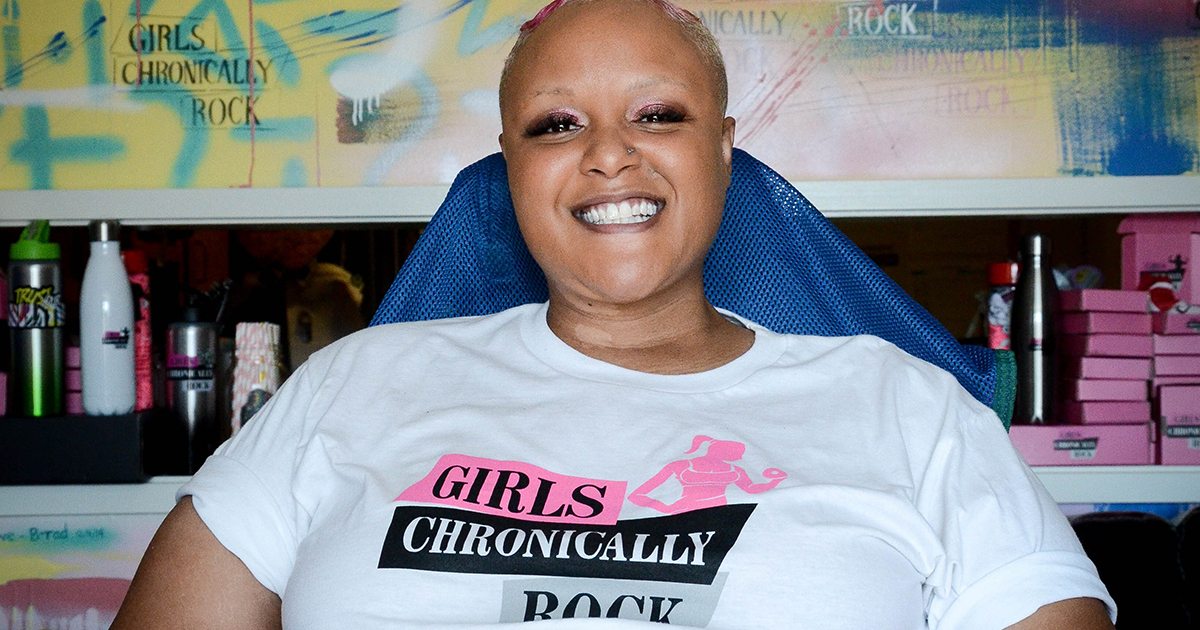New U.S. GEM Report: Gen Z Appetite for Entrepreneurship Grows

An unprecedented surge of young adults—fueled by aspirational causes such as climate control and social justice—plunged into the world of entrepreneurship this year despite ongoing economic uncertainty, according to an annual report released Wednesday by Babson College.
In a trend researchers say “hasn’t been seen in recent history,” 20% of those polled aged 18 to 24 have high entrepreneurial intentions. The same age group, which is largely Generation Z, also expressed high entrepreneurship rates meaning they’ve started to create a new business at 19%.
The growing Gen Z interest comes as entrepreneurs and business owners of all ages placed an increasing emphasis on environmental sustainability and social justice, according to Babson College’s new 2021/2022 U.S. Global Entrepreneurship Monitor (GEM) report.
Read the complete 2021/2022 U.S. Global Entrepreneurship Monitor Report.
Researchers surveyed more than 2,000 American adults to provide a comprehensive look at how the last year, including the ongoing impacts of the pandemic, impacted entrepreneurs and business owners. A whopping 68% of entrepreneurs and 54% of established business owners care more about the social and environmental impact of their business than profitability or growth.
Those statistics resonated with Cambridge, Massachusetts, entrepreneur Keisha Greaves, who was motivated to create her business because she wanted to help people with chronic illnesses.
“I wanted to make something meaningful,” Greaves said. She started her business, Girls Chronically Rock, in 2019 shortly after she was diagnosed with muscular dystrophy at age 24. The business sells statement T-shirts and adaptive clothing meant to encourage and motivate those with chronic disabilities.
“I always had a passion for fashion, and I had always wanted to start my own business, but after being diagnosed, I started my business inspired and dedicated to those out there who are dealing with chronic disabilities,” Greaves said.
COVID-19 Recovery
The pandemic continues to have far-reaching and unexpected impacts, including the growing importance of environmental sustainability and social justice among entrepreneurs and current business owners.
Forty-nine percent of entrepreneurs and established business owners said they had taken action over the past year to minimize the impact of their business on the environment. At the same time, 50% of entrepreneurs and 39% of established business owners say they have taken steps to maximize social impact with their businesses over the past year.

“As the pandemic lingered, it brought an ongoing focus on world health and globalization,” said Jeff Shay ’87, MBA’91, Professor and Executive Director for Academic Operations at Babson College’s The Arthur M. Blank School for Entrepreneurial Leadership. “In response, entrepreneurs recognized evolving opportunities addressing social, economic, and environmental concerns.”
Shay added that high-profile outreach, such as the United Nations’ Sustainable Development Goals introduced in 2016, have continued to emphasize the importance of sustainability and social responsibility.
A big motivator to start a business in 2021 was the desire to make a difference in the world, according to 71% of those surveyed, up from 68% last year.
“It’s been my lifelong passion to remove barriers for women and girls locally and globally,” Ceylan Rowe MBA’22 said. Rowes was inspired to create her business, FIHRI, so that all women can have access to affordable period products. “The world needs more social entrepreneurs making positive changes, and I’m excited about the future because of my fellow entrepreneurs.”
New Voices, New Supports
In the new U.S. GEM report, women and people of color expressed high entrepreneurial intentions in 2021. The Total Entrepreneurial Activity (TEA) rate bounced back to 16.5% after dropping to 15.4% in 2020. The TEA rate, which measures the percentage of adults aged 18 to 64 who are actively engaged in starting or running a new business, is still below the pre-pandemic rate of 17.4% in 2019.
Women continue to lag behind men when it comes to running an established business, however. The new GEM report shows that 15.2% of women were running an established business in 2021 compared with 17.8% of men.
“I wanted to make something meaningful. … After being diagnosed, I started my business inspired and dedicated to those out there who are dealing with chronic disabilities.”
Keisha Greaves, founder and CEO of Girls Chronically Rock
Meanwhile, people of color appeared to be disproportionately impacted by business closures. The business closure rate for Hispanic people was 6.2% in 2021, and 5.4% for Black people. White people, in comparison, had a 3.5% business closure rate in 2021.
“The GEM results emphasize a need to support entrepreneurs of all ages and backgrounds. This includes identifying the gaps hindering young entrepreneurs, women, and communities of color, and offering solutions that provide opportunity, connection, and sustainability in support of their vision and create rewarding livelihoods for their stakeholders, families, and themselves,” said Babson College President Stephen Spinelli Jr. MBA’92, PhD. “The world is facing so many problems and entrepreneurial leaders have the tools to solve them. GEM will help us continue to learn from entrepreneurs and help guide them as they shape the world of tomorrow.”





